Top AI-Powered Identity Verification Tools in 2025
December 11, 2024

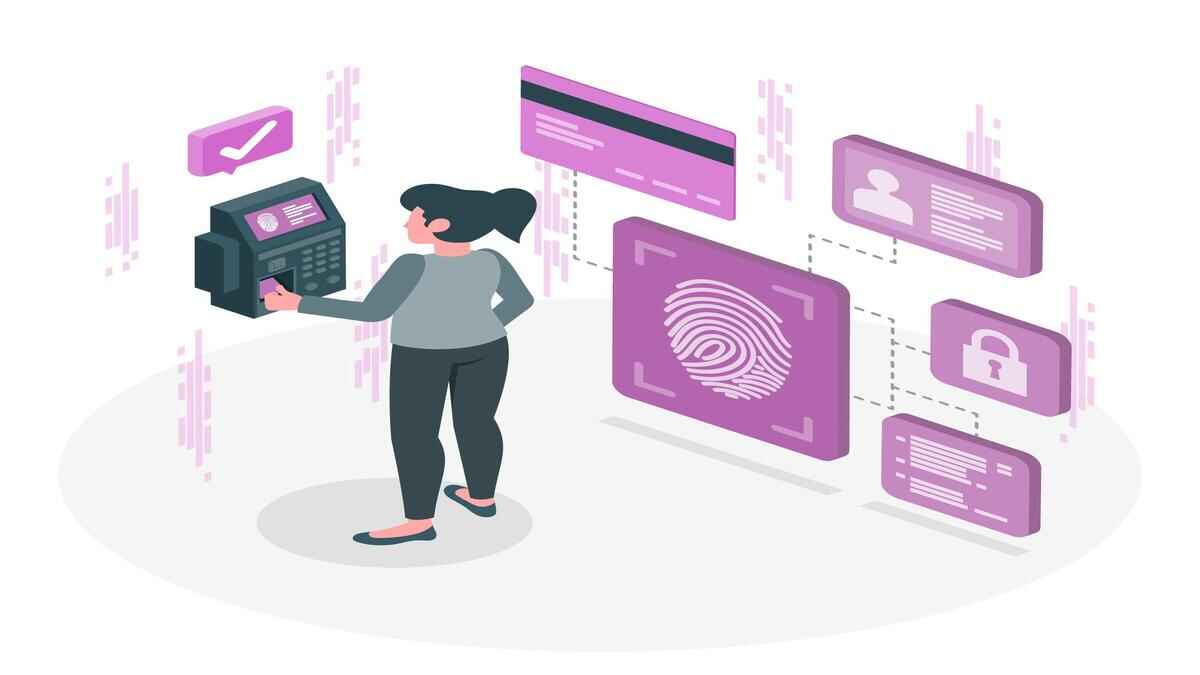
In today’s digital age, where online interactions are ubiquitous, ensuring the authenticity of individuals has become paramount. Traditional identity verification methods, while effective, often prove to be time-consuming and prone to errors. Artificial intelligence (AI) has emerged as a powerful tool to revolutionize this process, offering a more efficient and secure approach to identity verification. By effectively utilizing AI tools for contract analysis to detect anomalies and inconsistencies in contracts, businesses can mitigate risks and ensure the integrity of their legal agreements.
Identity verification is the process of confirming the true identity of an individual. It involves verifying personal details, such as name, date of birth, address, and government-issued identification documents. This process is crucial for various applications, including online banking, e-commerce, and government services.
Traditional identity verification methods often rely on manual processes, such as:
This involves collecting and verifying personal information, such as proof of address and identification documents.
This uses unique biological characteristics, like fingerprints, facial recognition, or voice recognition, to verify identity.
While these methods have been effective, they are time-consuming and susceptible to fraud.
AI algorithms can analyze vast datasets to identify subtle patterns and anomalies that may indicate fraudulent activity.
AI systems can monitor emerging threats in real time, allowing immediate response and mitigation.
AI-powered biometric verification, such as facial recognition and fingerprint analysis, provides highly accurate and secure identification.
AI-driven automation streamlines the verification process, reducing manual effort and accelerating turnaround times.
AI systems can easily scale to accommodate increasing verification requests, ensuring efficient handling of large-scale operations.
AI-powered verification services are available around the clock, enabling seamless operations and global accessibility.
AI algorithms can accurately analyze various identification documents, including passports, driver’s licenses, and national ID cards.
AI can identify and correct errors in submitted data, improving the overall accuracy of the verification process.
By minimizing human intervention, AI helps to eliminate the risk of mistakes and oversights.
AI can proactively identify and flag suspicious activities, such as identity theft and synthetic identity fraud.
AI systems can adapt to evolving fraud tactics, ensuring ongoing protection against new threats.
AI-powered risk assessment tools can evaluate the risk associated with each verification request, enabling targeted security measures.
AI-driven verification processes are designed to be user-friendly and efficient, minimizing friction and improving customer satisfaction.
AI can personalize the verification process based on individual needs and preferences, creating a more tailored experience.
AI-powered automation accelerates onboarding, enabling businesses to acquire new customers and partners quickly.

Jumio offers a comprehensive suite of AI-powered identity verification solutions, including document verification, face verification, and age verification.
Contact Jumio for custom pricing

IDnow provides various identity verification solutions, including video identification, eID, and document verification.
Contact IDnow for custom pricing

Onfido specializes in AI-powered identity verification, focusing on document verification, facial recognition, and liveness detection.
Contact Onfido for custom pricing
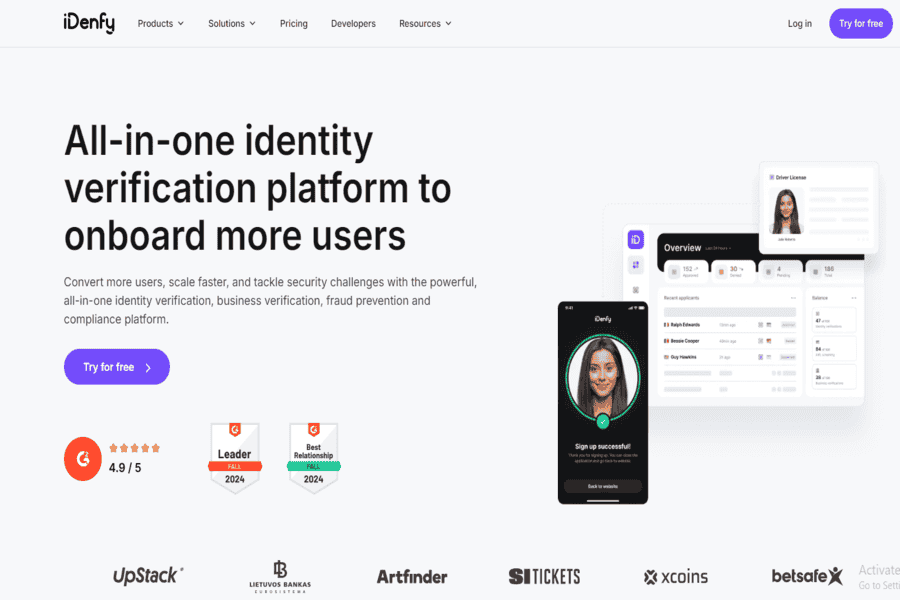
iDenfy offers a variety of identity verification solutions, including video identification, document verification, and biometric verification.
Contact iDenfy for custom pricing

Hooq offers AI-powered identity verification solutions, focusing on facial recognition and document verification.
Contact Hooq for custom pricing
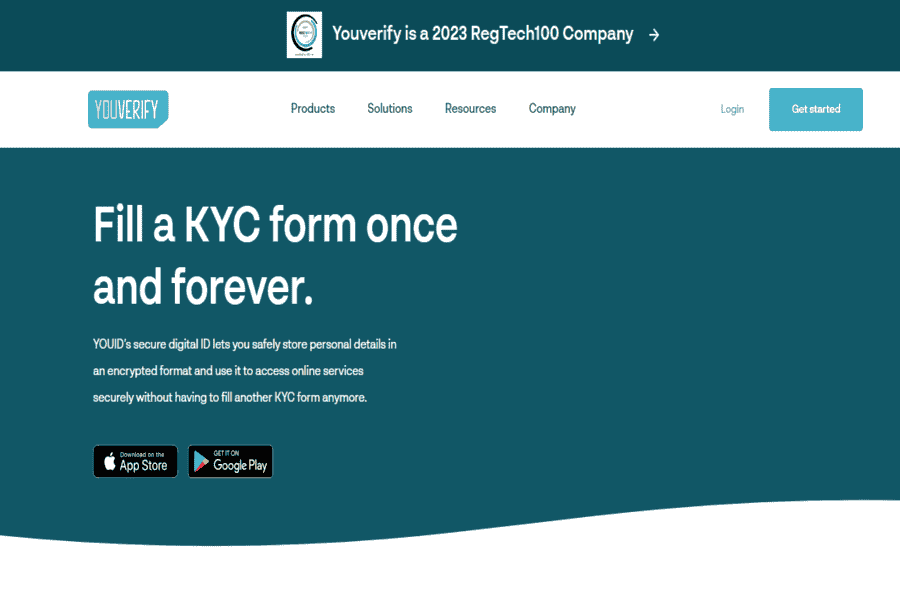
YouID provides various identity verification solutions, including video identification, document verification, and biometric verification.
Contact YouID for custom pricing

TokenID offers a blockchain-based identity verification solution, providing secure and transparent identity verification.
Contact TokenID for custom pricing
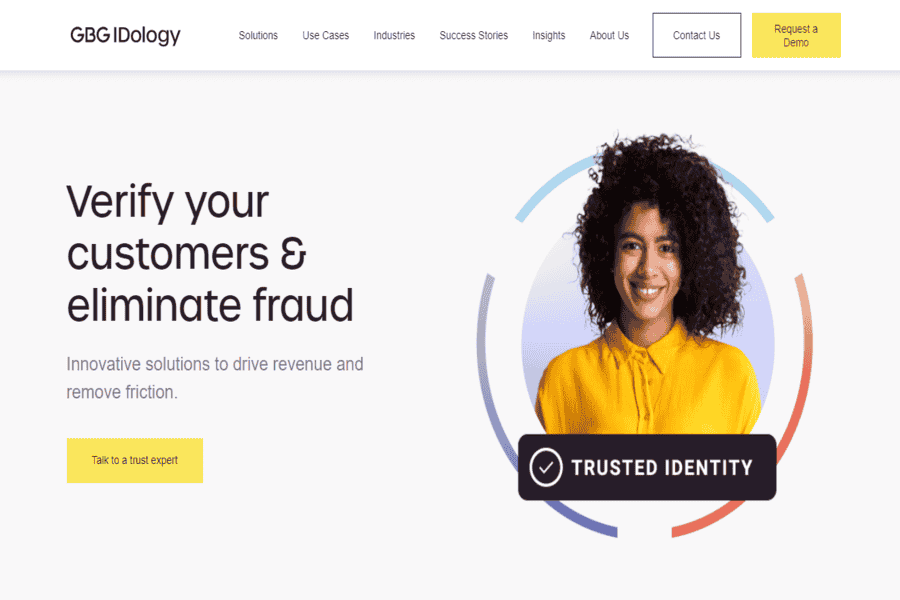
Acuant offers a suite of identity verification solutions, including document verification, facial recognition, and biometric verification.
Contact Acuant for custom pricing
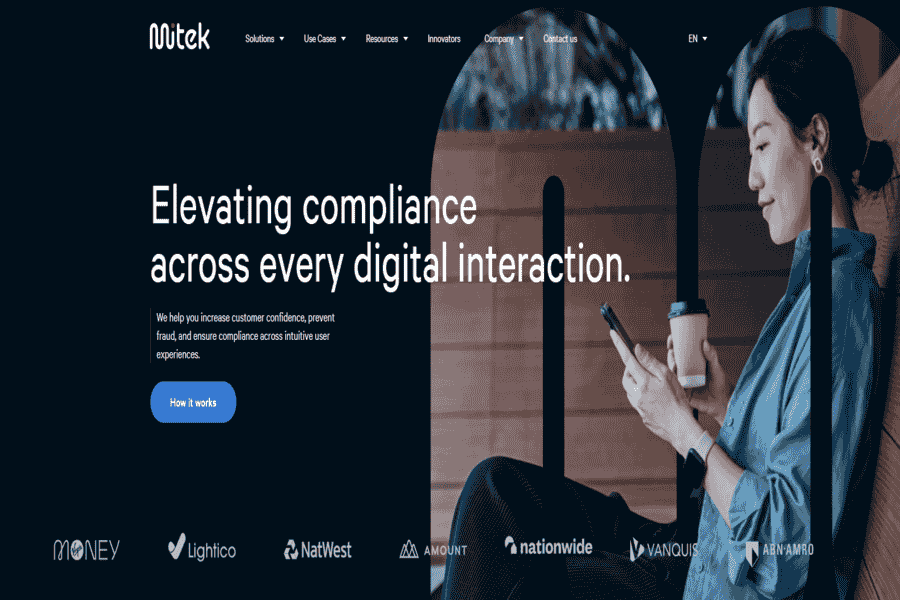
Mitek specializes in mobile capture and identity verification solutions, including mobile check deposit and ID capture.
Contact Mitek for custom pricing
AI systems often process highly sensitive personal information, such as biometric data and financial records. Any data breach could have severe consequences for individuals and organizations.
Stringent data protection regulations like GDPR and CCPA are essential to ensure compliance and maintain public trust.
Robust security measures must be in place to protect data from unauthorized access, theft, and tampering.
AI algorithms can inadvertently perpetuate biases in the training data, leading to discriminatory outcomes.
It’s crucial to develop AI systems that treat all individuals fairly, regardless of their race, gender, or other protected characteristics.
Transparent and accountable AI systems can help mitigate bias and build public trust.
Implementing AI-powered identity verification requires specialized machine learning, data science, and cybersecurity expertise.
Significant infrastructure, hardware, and software investments are necessary to support AI systems.
AI systems require ongoing maintenance, updates, and retraining to adapt to evolving threats and technologies.
Ensuring a seamless and user-friendly experience can be challenging, especially for individuals unfamiliar with technology.
Navigating complex regulatory landscapes and obtaining necessary approvals can be time-consuming and costly.
Addressing ethical concerns related to data privacy, surveillance, and potential misuse of AI technology is crucial.
AI can process biometric data and document verification in real time, enabling swift authentication for online transactions, access control, and other applications.
By continuously monitoring user behavior, AI can detect anomalies and potential security threats, providing an extra layer of protection.
Combining multiple biometric modalities (e.g., facial, voice, fingerprint) can significantly enhance security and reduce the risk of spoofing attacks.
Analyzing user behavior patterns, such as typing speed and mouse movements, can provide additional verification factors.
Blockchain technology can create a tamper-proof and transparent record of identity verification events, ensuring data integrity and accountability.
Individuals can control their digital identities, securely storing and sharing verified information with various organizations.
AI-powered identity verification is transforming how we authenticate individuals in the digital age. By leveraging the power of AI, businesses and organizations can enhance security, improve efficiency, and provide a seamless user experience. We expect even more innovative and secure solutions to emerge as AI technology evolves.
